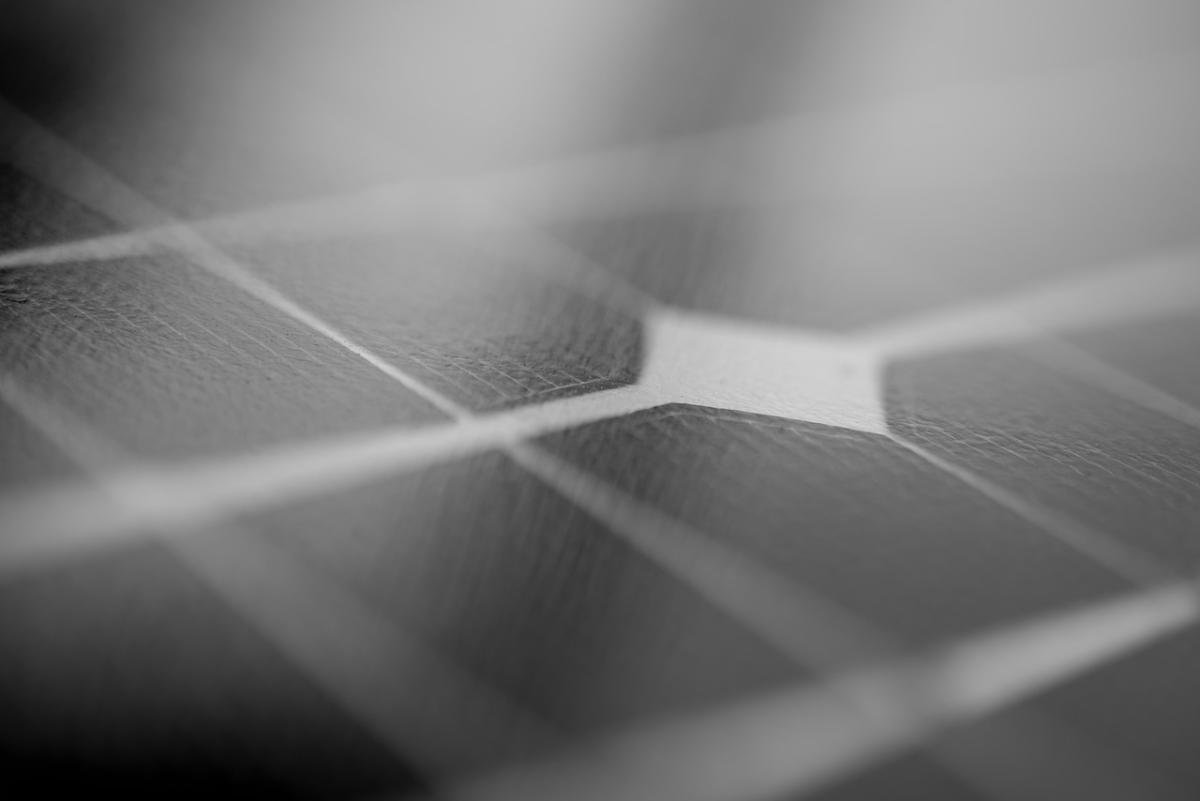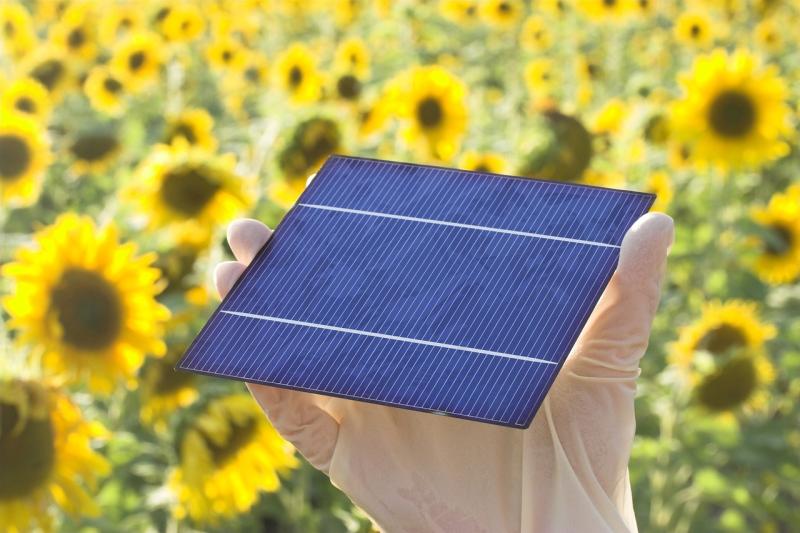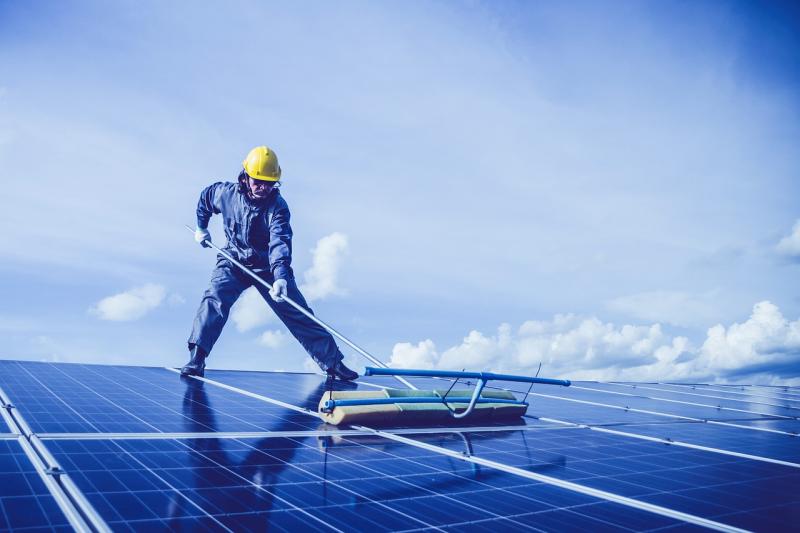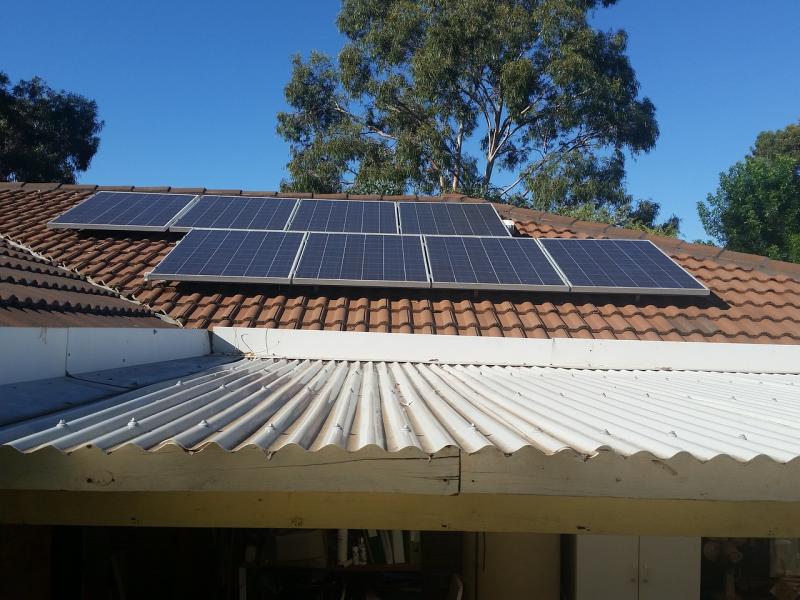Solar energy is rapidly becoming a popular and powerful way to harness the sun’s rays for our everyday needs. One of the biggest benefits of using solar panels is their ability to reduce electricity bills. With a good solar panel system, homeowners can significantly decrease their dependency on grid power, leading to substantial savings over time. Imagine generating your own electricity and having lower utility bills! This financial advantage makes using solar panels an attractive option for many families.
Another great benefit of using solar panels is the positive impact on the environment. Solar energy is a clean and renewable resource, meaning it can help reduce greenhouse gas emissions and combat climate change. By switching to solar, you are contributing to a healthier planet. It’s a step towards sustainability that not only helps the environment but also promotes a greener lifestyle for future generations.
Moreover, using solar panels can increase the value of your property. Homes equipped with solar energy systems have been shown to sell at a premium compared to traditional homes. Potential buyers are often attracted to the idea of lower energy costs and the benefits of renewable energy. Thus, investing in solar panels not only benefits you while you live in the home but can also be a smart financial decision if you ever choose to sell.
Lastly, using solar panels allows for energy independence. By generating your own electricity, you can protect yourself from fluctuating energy prices and possible power outages. This independence fosters a greater sense of security, knowing that you have a sustainable energy option available right on your rooftop. Embracing solar energy means you can take control of your energy future!
Choosing the Right Solar Panels
When considering using solar panels for your home or business, the first step is selecting the right type of solar panel. There are primarily three types: monocrystalline, polycrystalline, and thin-film solar panels. Monocrystalline panels are known for their high efficiency and sleek appearance, making them a popular choice for homeowners who have limited roof space. They tend to perform better in lower light conditions, which can be vital during cloudy days.
On the other hand, polycrystalline panels are generally less expensive and are made from multiple silicon crystals, which makes them a solid option if you have enough roof space. They are slightly less efficient than monocrystalline panels, but they still pack a punch in terms of solar energy generation. For those who are on a budget but want to commit to using solar panels, polycrystalline might just be the way to go.
Thin-film solar panels are the lightweights in the solar panel family. They are flexible, lightweight, and can be installed in a variety of settings. While they typically have lower efficiency rates compared to their crystalline counterparts, they can be an excellent option for unconventional installations, such as on curved surfaces or small installations. If you’re considering a unique project that requires adaptability, thin-film options are worth exploring.
Another essential factor to consider when choosing solar panels is their warranty and lifespan. Most reputable solar panels come with a warranty ranging from 25 to 30 years, giving you peace of mind about your investment. Be sure to check the expected energy output over the years. A well-performing solar panel will continue to generate power for decades, making using solar panels a smart and sustainable choice for your energy needs.
Installation Tips for Homeowners
First and foremost, assess your home's solar potential. This involves evaluating your roof's size, orientation, and shading. Ideally, your roof should face south for maximum exposure to sunlight. Take note of any trees or buildings nearby that could cast shadows on your solar panels during peak sunlight hours. Consider consulting a solar expert who can perform a solar analysis to help determine the best placement for optimal energy production.
Next, research the different types of solar panels available on the market. There are monocrystalline, polycrystalline, and thin-film panels, each with its unique benefits and drawbacks. Monocrystalline panels tend to be more efficient and take up less space, while thin-film panels might be more affordable but require more surface area for installation. Understanding your specific needs and budget will help you make an informed decision when choosing the right solar panels for your home.
Finally, don’t forget to check local regulations and incentives. Many states offer tax credits or rebates for using solar panels, which can significantly reduce your installation costs. Additionally, familiarize yourself with local building codes and permits required for installation. Staying informed about these factors can streamline the process and save you time and money as you embark on your solar journey.
Maintaining Your Solar Power System
In addition to keeping your panels clean, it’s important to inspect the wiring and connections regularly. Look for any signs of wear, damage, or corrosion. If you notice any issues, it’s best to contact a professional to ensure everything is in proper working order. Proper wiring maintenance is especially important when using solar panels, as any electrical faults can significantly impact performance.
Another aspect of maintenance involves monitoring the system’s performance. Most solar power systems come with monitoring tools that allow you to track energy production and consumption. By keeping an eye on these metrics, you can quickly identify any drops in performance that may indicate a problem. If you notice something unusual, take action right away to investigate and resolve the issue, ensuring you're getting the most out of using solar panels.
Finally, don’t forget to review the inverter—a key component of your solar power system. The inverter converts the solar energy generated by your panels into usable electricity for your home. Like any other part of the system, it requires periodic checks to confirm that it’s functioning well. If your inverter is not operating correctly, it could affect the entire system’s performance. By staying proactive with maintenance, you can enjoy all the perks of using solar panels without worrying about unexpected issues.



